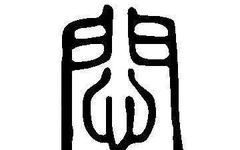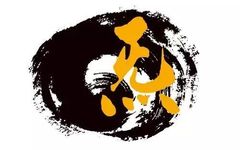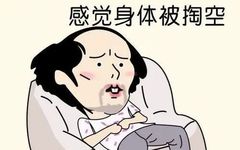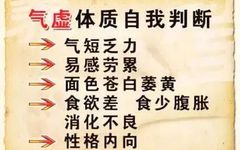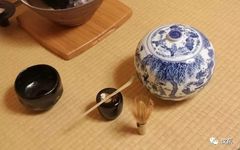Solutions for Qi Deficiency, Qi Stagnation, Qi Sinking, and Qi Reversal
The term “Qi” refers to the most fundamental substance in the human body, formed by the combination of the essence (jing) from the kidneys, the Qi absorbed and transformed by the spleen and stomach from food, and the clear Qi inhaled by the lungs. Traditional Chinese Medicine (TCM) places great emphasis on the function of … Read more



